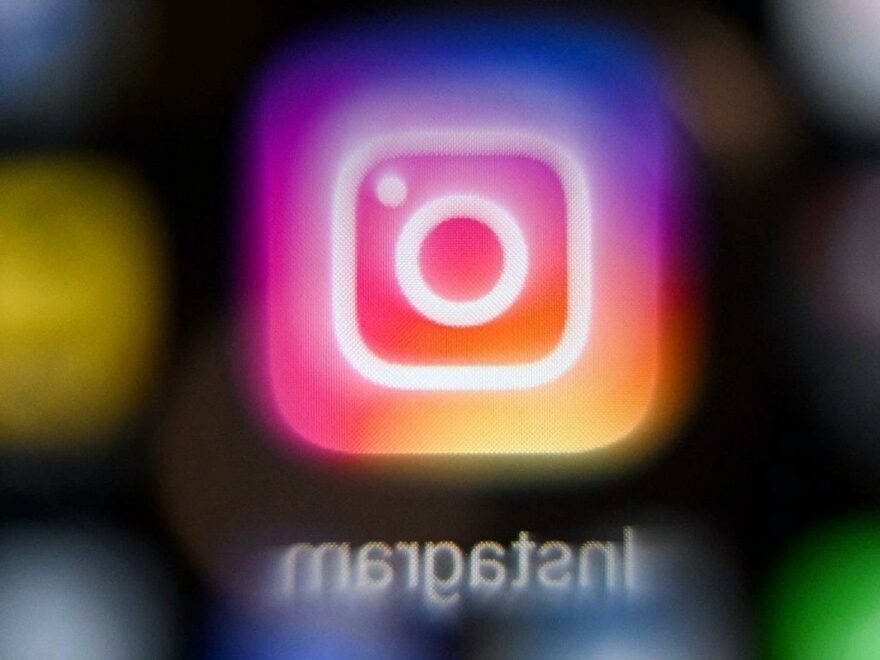Written by Amy Beecham
As the debate around women’s safety online continues, a damning new report suggests the sites we use aren’t doing enough to protect women from abuse.
Instagram is not doing enough to protect women in the public eye from misogynistic abuse online, a new report from theCentre for Countering Digital Hate (CCDH) claims.
The report saw five prominent women, including presenter Rachel Riley, Jamie Klingler, co-founder of Reclaim These Streets; journalist and mental health campaigner Bryony Gordon and Sharan Dhaliwal, founder of UK South Asian culture magazine Burnt Roti,give access to their direct messages on Instagram to the online safety group.
Between them, they shared 8,700 DMs with the CCDH, who found that one in 15 of those messages broke Instagram’s rules on abuse and harassment.
One in seven voice notes — recorded audio messages — sent to the women were abusive. The women combined received 125 sexually explicit images, including explicit pictures and 75 instances of porn (nine of them deep-fakes).
Following the investigation, the CCDH noted an “epidemic of misogynist abuse” that was being “ignored” by the platform as 90% of offending and abusive accounts remained active after sending abusive content and being reported.
Dhaliwal and others have openly shared the abuse they have received on Instagram, ranging from comments on a post that showed her underarm hair to threatening DMs.
In an interview with Input, Klinger shared how every time she appears on TV or in the news, she’s bombarded with messages from men. “It’s awful, but you get inured to it,” she explained. “It’s like the tax you pay for speaking up, which is really ugly.” The explicit images, she says, are “such a warped power play to try to silence me in some way.”
In a statement to the CCDH, Riley said the scale of the sexual imagery sent to women “turned her stomach.” “It really makes me not want to go into my DMs at all because it’s revolting. It’s astounding to know that strangers are sending porn — it empowers them to know that it’s gone to your inbox.”
In response to the report, Instagram said the CCDH had wrongly concluded that just because accounts had remained active it did not mean the platform had not taken action.
It insisted that accounts that sent messages which break the site’s rules are given a strike and blocked from sending DMs for a set period of time, with stronger punishments handed out if they continue to send abusive messages.
The social media site also said it had a number of its safety tools in place that can be used to protect against the type of content in question, including features that automatically block accounts that do not follow a user from directly contacting them via DM, as well as the Hidden Words tool which filters out messages to hide those containing offensive or abusive terms and emojis.
In a statement to Stylist, Cindy Southworth, Head of Women’s Safety at Meta, Instagram’s parent company said: “While we disagree with many of the CCDH’s conclusions, we do agree that the harassment of women is unacceptable. That’s why we don’t allow gender-based hate or any threat of sexual violence, and last year we announced stronger protections for female public figures.
“Messages from people you don’t follow go to a separate request inbox where you can either block or report the sender, or you can turn off message requests altogether. Calls from people you don’t know only go through if you accept their message request and we offer a way to filter abusive messages so you never have to see them.”
However, as the debate around digital safety for women continues, the CCDH accused social media companies, such as Instagram, of “siding with abusers by negligently creating a culture in which abusers expect no consequences – denying women dignity and their ability to use digital spaces without harassment.
Images: Getty
Source: Read Full Article


